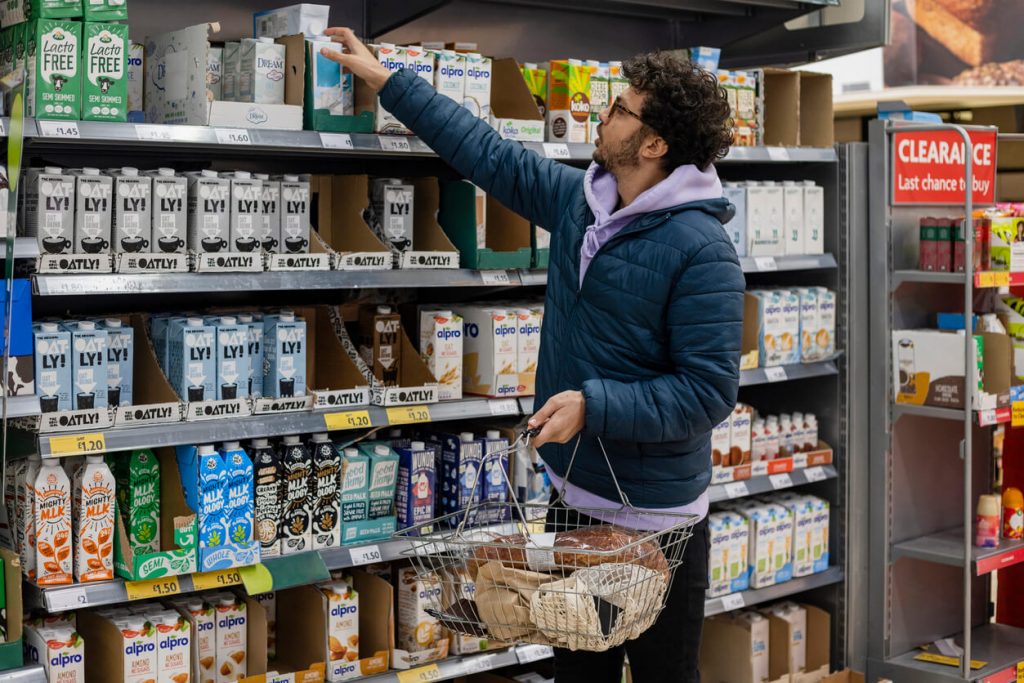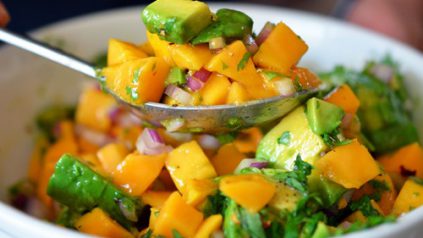Vegan products offer LESS value for money
UK supermarkets offer a wide range of vegan ready meals and plant-based versions of traditional products.
And it’s no wonder, with a record 629,000 people signing up to Veganuary in 2022. This figure shows the growing popularity of veganism as a lifestyle choice – and the opportunities it presents for the UK grocery industry to make significant profits.
There’s a common misconception that removing meat and dairy from a product is a simple way to reduce its overall cost. Rearing animals is, after all, generally more labour and time-intensive than growing vegetables and grains. Plus, many of us will cut back on meat and/or dairy to save money on the weekly shop – particularly as the cost-of-living crisis continues to bite.
Our data shows that it’s not always that simple.

In fact, our research into 120 vegan products found that, despite being comparable or even cheaper in price, vegan products represent less value-for-money than their non-plant-based counterparts.
We analysed 20 items from six own-brand supermarket ranges (Tesco, Sainsbury’s, Morrisons, Aldi, M&S and Asda).
The average cost of each individual vegan product was 9p cheaper than the meat and/or dairy version. But they are often sold in smaller sizes and therefore provide fewer servings per pack.
In addition, the cost-per-kilogram for vegan products was found to be 11% more, with an average of three portions per pack compared to four portions per pack of non-vegan products. The average weight of each vegan product was also 305g, in comparison to 349g of non-plant-based alternatives – making them 14% smaller in size.
To put this into context, buying a vegan product three times a week would equate to a spend of £517.92 over the course of a year for a family of four. By contrast, feeding the same number of people with a comparable non-vegan version would cost £402.48 – a saving of £115.44.
Of the 120 vegan products we analysed:
- 56 (45%) were more expensive than their non-vegan equivalent
- 16 (13%) cost the same
- 48 (40%) were cheaper than their non-vegan equivalent
These figures have improved since January 2021, when our similar research found that 65% of vegan products analysed were more expensive than their non-vegan versions. But two years on, despite products appearing to be cheaper, it’s clear that little has been done to deliver a true cost saving.
Fancy taking a look at all 120 products? You can find the full list here.
All products were available to purchase online at the time of the research in January 2023.
Related
The 5 biggest food myths in health and fitness





Leave a Reply